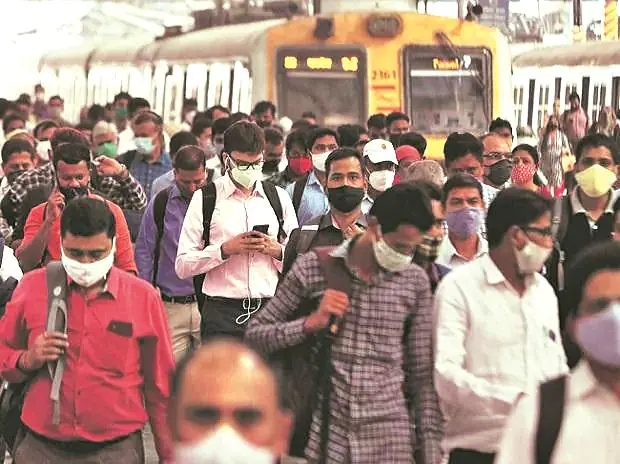
Lancet report highlights ‘colossal global failures’ in response to Covid-19

Global, large-scale, multi-level failures in response to COVID-19 have resulted in millions of preventable deaths and reversed progress toward the United Nations Sustainable Development Goals (SDGs), according to a new report from the Lancet COVID-19 Committee in several countries.
The panel critically examines the global response to the first two years of the COVID-19 pandemic, citing widespread failures in prevention, transparency, rationality, basic public health practices, operational cooperation, and international solidarity that led to the deaths of nearly 17.7 million people.
The report also found that most national governments were unprepared and too slow to respond, paid little attention to the most vulnerable in their societies, and were hampered by a lack of international cooperation and an epidemic of disinformation.
The committee gathered evidence using new epidemiological and financial analyzes to make recommendations that will help accelerate the end of the COVID-19 emergency, mitigate the impact of future health threats and achieve long-term sustainable development.
The report warns that achieving these goals depends on enhanced multilateralism that must be built around a reformed and strengthened WHO, as well as investments and careful planning for preparedness. Pay special attention to vulnerable groups of the population. .
Important investments also include improving technology and knowledge transfer for health products and improving international health financing for countries and regions with limited resources.
The commission is the result of two years of work by 28 of the world’s leading experts in public policy, international governance, epidemiology, vaccinology, economics, international finance, sustainability and mental health, and consultations with more than 100 other contributors to 11 global mission forces.
“The staggering human toll in the first two years of the COVID-19 pandemic is a profound tragedy and massive societal failure on many levels,” said Professor Jeffrey Sachs of Columbia University in the United States.
“We have to face hard facts: many governments have failed to meet basic standards of institutional rationality and transparency; many people have protested basic public health precautions, which are often affected by disinformation; and many countries have failed to promote global cooperation to control the pandemic.”
The report notes that collective action must be taken immediately to promote public health and sustainable development to stem the epidemic.
It also highlights the need to address global health inequalities, protect the world from future pandemics, identify the origins of this pandemic and build the resilience of societies around the world.
“We have the scientific capacity and economic resources to do this, but a resilient and sustainable recovery depends on strengthening multilateral cooperation, financing, biosecurity, and international solidarity with the most vulnerable countries and peoples,” Sachs added.
The report noted that the WHO’s costly delays in declaring a “public health emergency of international concern” and in identifying airborne transmission of SARS-CoV-2 coincided with the failure of national governments to cooperate and coordinate on travel protocols, testing strategies, and sourcing of goods. . . Threads, data communication systems, and other vital international policies to suppress the epidemic.
He said the lack of cooperation between governments to fund and distribute key health products – including vaccines, personal protective equipment and resources to develop and produce vaccines in low-income countries – has cost a lot.
These disparities have been exacerbated by widespread disinformation campaigns on social media, low social trust, failure to rely on behavioral and social sciences to encourage behavior change and the face of significant public opposition to health measures. Routine public service has been seen in many countries, the report adds. . .

“Organizer. Social media geek. General communicator. Bacon scholar. Proud pop culture trailblazer.”
